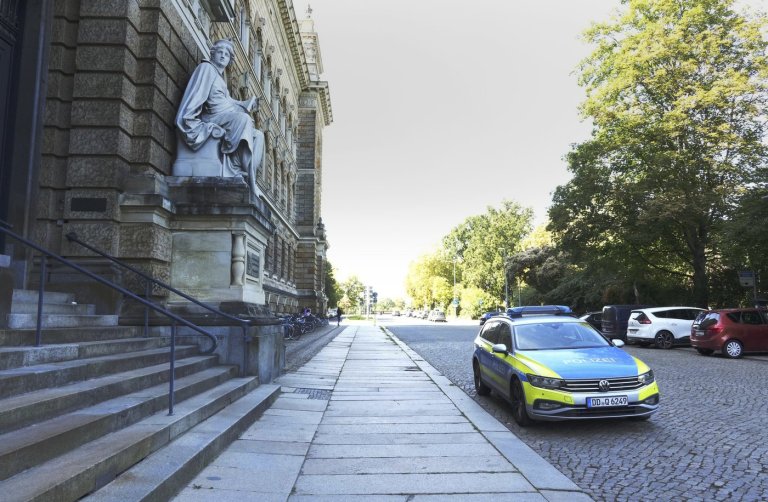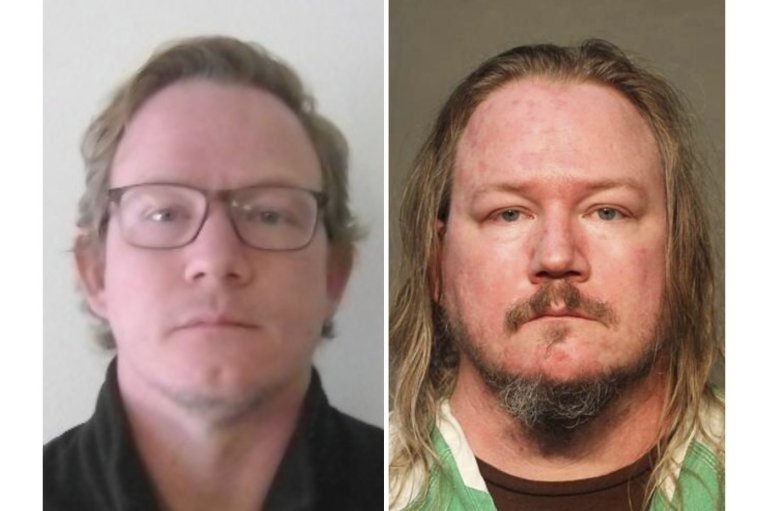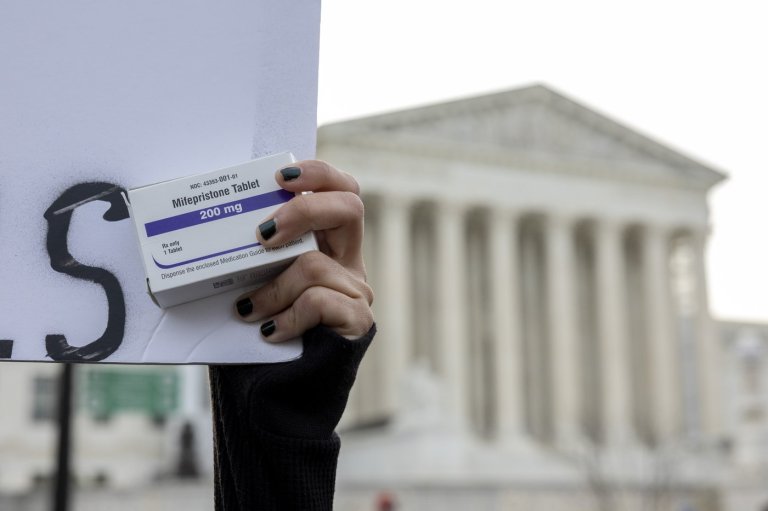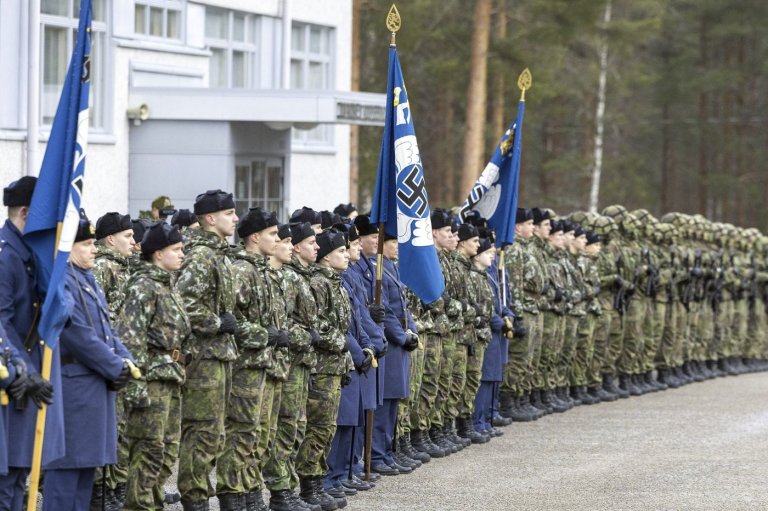US sees Colombian resolve on drug war waning as peace looms
WASHINGTON – A senior U.S. official says ally Colombia has been letting down its guard in the war on drugs as it attempts to strike a peace deal with leftist rebels who have long been critical of U.S.-backed eradication efforts.
William Brownfield, the State Department’s top anti-narcotics official, said in Senate testimony Thursday that Colombian government has been absorbed by negotiations with the Revolutionary Armed Forces of Colombia and careful not to do anything to complicate those talks, now in their fourth year. He called a near doubling of cocaine production in Colombia over the past couple years a “disturbing fact.”
“We have to acknowledge that as the peace process and the negotiations have developed for the last four years, one of the elements of the Colombian government policy that has not been maintained at its previous levels is counternarcotic and eradication efforts,” Brownfield, a former ambassador to the South American nation, told the Senate Foreign Relations Committee.
As part of peace talks, the FARC has agreed to give up its heavy involvement in Colombia’s cocaine trade and assist the government in alternative development and eradication efforts once a peace deal is signed. Colombia is the largest supplier of cocaine to the U.S.
The contours of the new antinarcotics strategy are still being worked out but already one of the most effective tools in the drug war has been taken off the table: a two-decade old aerial eradication program to destroy illegal coca crops using the weed killer glyphosate.
President Juan Manuel Santos ended the American-piloted flights in 2015 over health concerns after a research agency of the World Health Organization reclassified the herbicide as a carcinogen. The decision was applauded by the FARC, which has long compared the program to United States’ use of Agent Orange in Vietnam, but drew criticism from conservatives who warned Colombia could soon be swimming in coca.
After six straight years of declining or steady production, the amount of land under coca cultivation in Colombia jumped 39 per cent in 2014 and 42 per cent more last year to 159,000 hectares (392,000 acres), according to the U.S. government.
Brownfield said Colombians are now aware they have a “serious problem” and are working with the U.S. to address it. He called Santos a “friend” and said he fully endorses his efforts to reach a peace deal with the FARC.
But, he added, “It should be possible to pursue negotiations to reach that conclusion without having to walk the clock back to eight years ago in terms of drug cultivation and production in Colombia.”
There was no immediate response from Colombia’s government.
___
AP Writer Joshua Goodman contributed to this report from Caracas, Venezuela.
Join the Conversation!
Want to share your thoughts, add context, or connect with others in your community?
You must be logged in to post a comment.


















